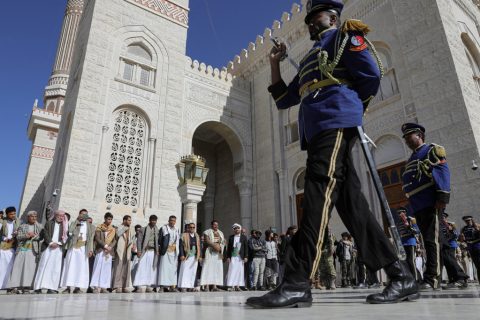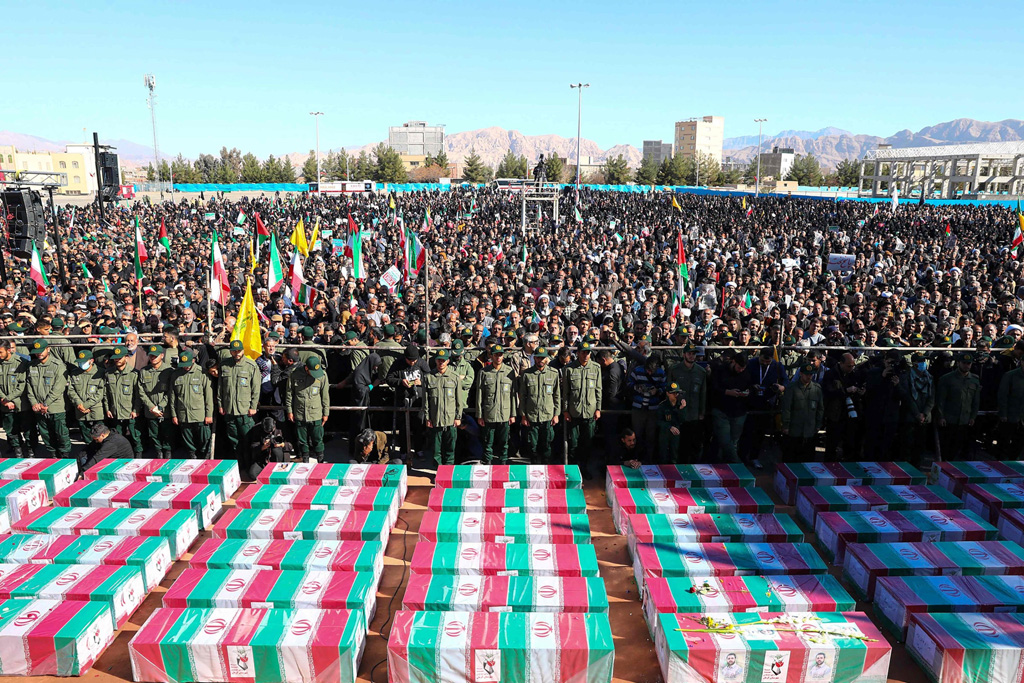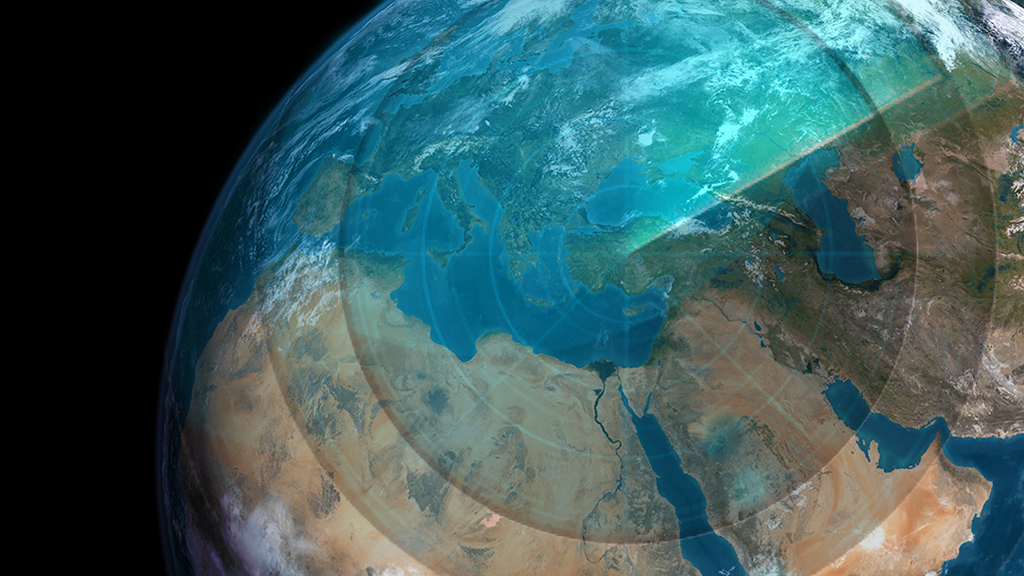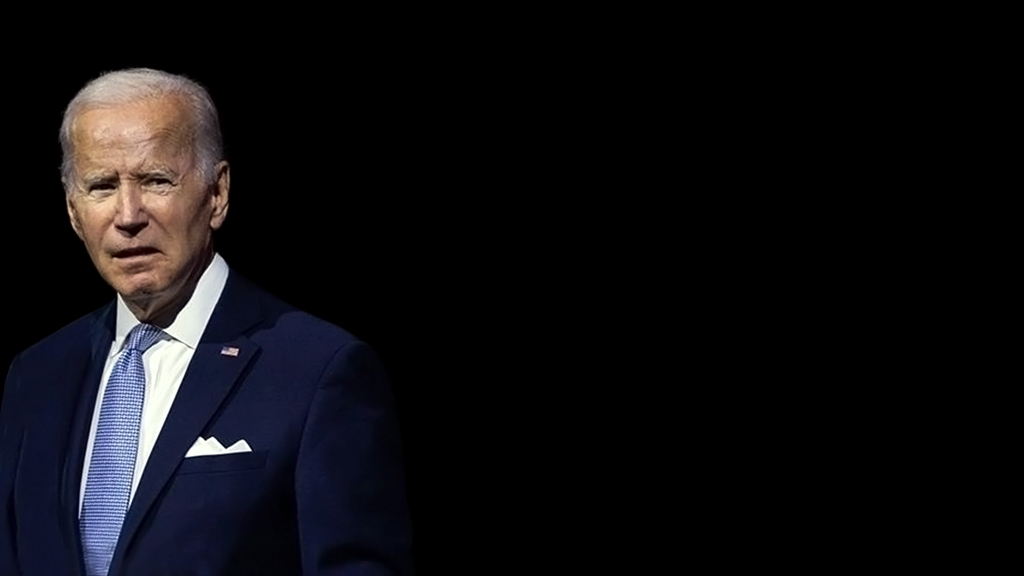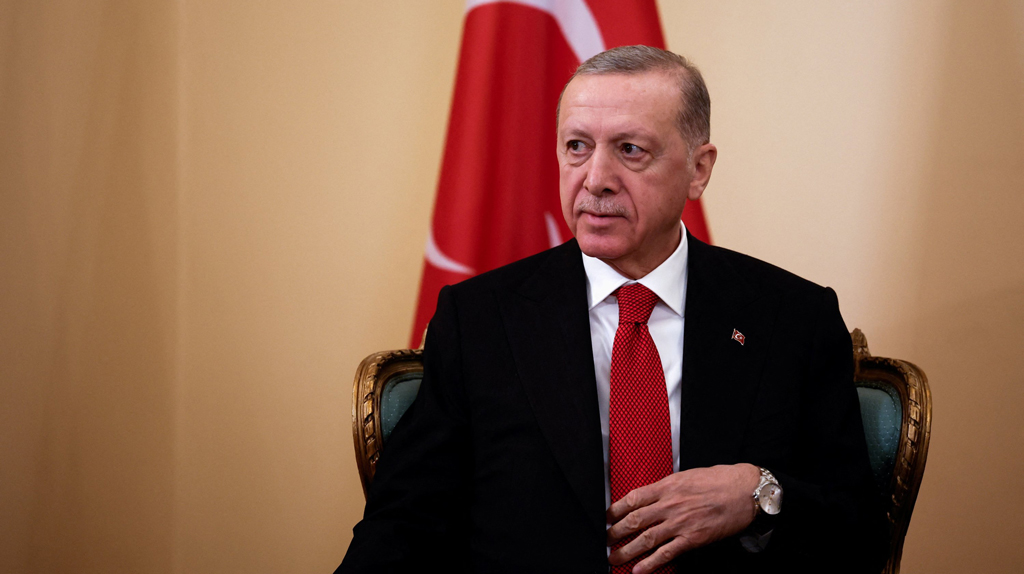Saudi Arabia
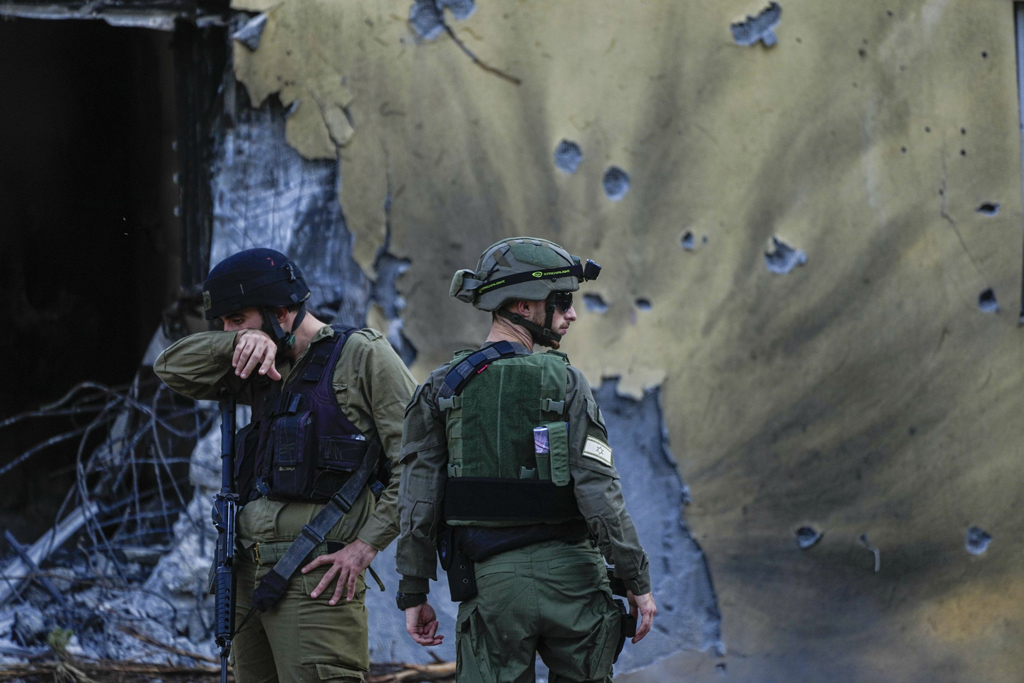
Is Middle East entering new spiral of conflicts?
| OpinionA series of attacks and clashes sent shockwaves through the Middle East over the last …
-
Opinion
Is Middle East entering new spiral of conflicts?
By Burhanettin DuranA series of attacks and clashes sent shockwaves through the Middle East over the last week. Israel's massacres in Gaza and low-intensity conflict with Hezbollah at the Lebanese border remain underway. Meanwhile, in the Red Sea, the United States and Britain bombed Yemen's Houthis for the fourth time on Thursday. Washington also relisted the Houthis as a global terrorist group.
-
Opinion
Escalating tensions and the militarization of the Middle East
By Murat YeşiltaşThe recent developments in the Middle East region have led to a deepening instability, with the possibility of conflict increasing day by day. In 2023, we witnessed a period of relative normalization in the Middle East. While countries in the region were trying to minimize the potential for conflict, they had come a long way in developing common potential.
-
Opinion
Airstrikes in Red Sea and South Africa’s ICJ genocide case
By Burhanettin DuranAs Israel stands accused of genocide in The Hague, the Israeli-Palestinian conflict spreads to the broader region. On Thursday, the United States and the United Kingdom bombed 72 targets in Yemen, retaliating against Houthi attacks on commercial vessels heading to Israel via the Red Sea to protest the Gaza massacre.
Bu Konuda Daha Fazla
-
From Super Cup crisis to terror attack in Iran
By Burhanettin DuranThe new year got off to an extremely busy start in Türkiye.
-
SETA Security Radar: Türkiye’s international and regional agenda
By Murat YeşiltaşThe current international landscape is experiencing a profound transformation, marked by escalating crises and increasing globalization of conflicts. Amidst intensifying global and regional competition and growing uncertainties, we find ourselves in an era of widespread anxiety. Predicting the future in such times is a formidable challenge, yet it’s crucial to envision what the world of tomorrow might resemble. Addressing today’s challenges requires both study and foresight. "SETA Security RADAR: Türkiye’s Geopolitical Landscape in 2024" aims to project the future trajectory of Türkish foreign, security, and defense policies in light of current dynamics.
-
US foreign policy in 2023…
By Kadir ÜstünThe Biden administration's performance succumbed to ideological perspectives and strategic blindness.
-
Türkiye’s foreign policy in 2024
By Murat YeşiltaşDescribing 2023 as a relatively quiet year for Turkish foreign policy would exclude the events of Oct. 7 and their aftermath. The trend of normalization, ongoing since the general elections in May, played a pivotal role in determining the overarching course of foreign policy. Despite unresolved issues, emphasis was placed on minimizing potential conflicts and prioritizing common interests. In the post-election period, President Recep Tayyip Erdoğan opted for a regional foreign policy centered on Gulf country relations, making the economy a primary focus. To mitigate security risks from Syria, ministerial-level talks with the Assad regime were initiated. Noteworthy strides were made in normalizing relations with Israel and Egypt. Erdoğan’s robust support for Azerbaijan in liberating Karabakh bolstered Türkiye’s status as a geopolitical player in 2023.
-
2024: A challenging year lies ahead
By Murat YeşiltaşThe events of 2023 have significantly diversified potential geopolitical and strategic scenarios for 2024.

